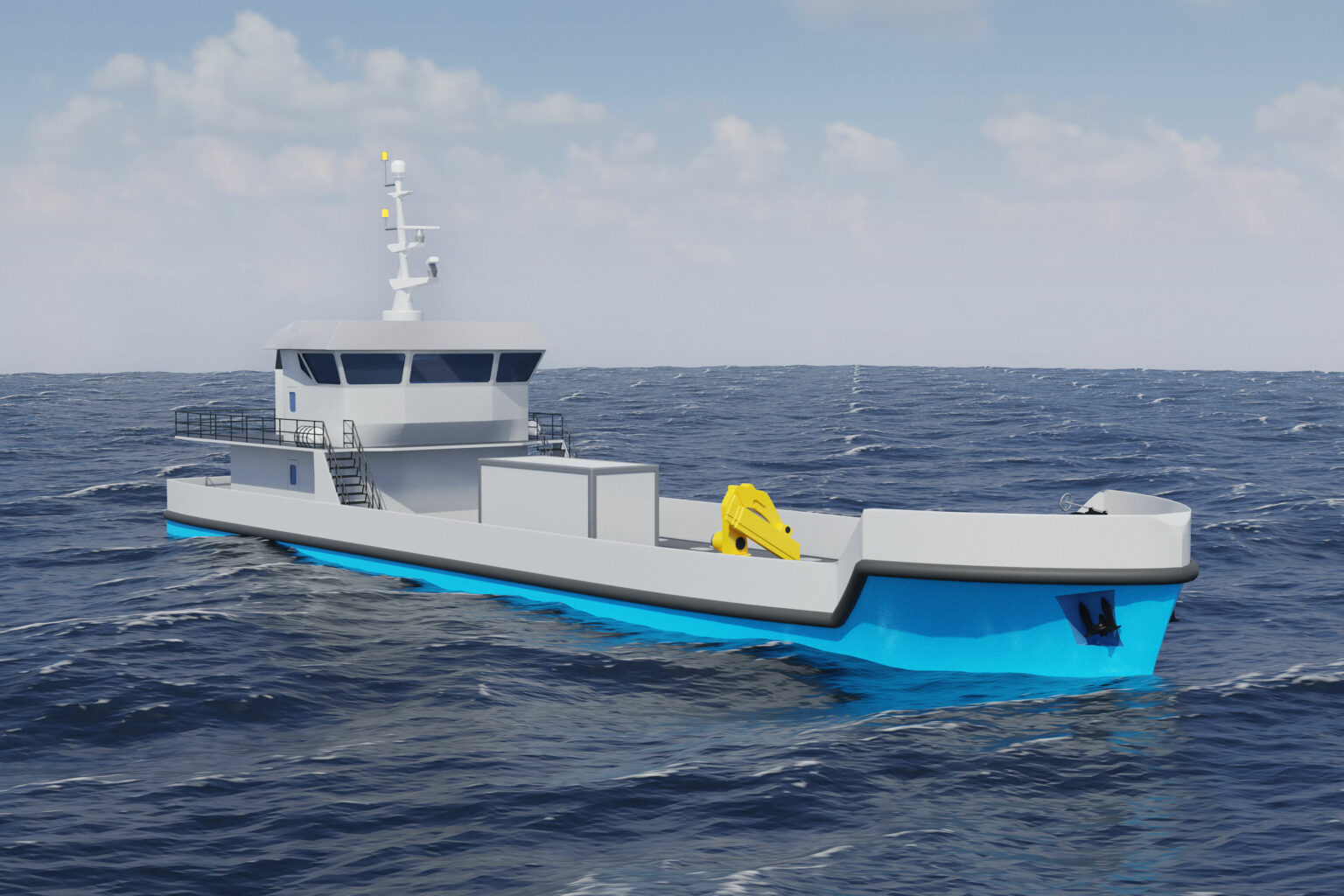Innovative Clean Seas: Lithuania's First Hydrogen-Electric Waste Management Ship Takes Shape
Key Ideas
- Construction has commenced on Lithuania's inaugural hydrogen-electric ship designed for waste management, boasting advanced technologies for environmentally friendly operations.
- The ship will have a length of 42 meters, be powered by two electric motors with a 2000 kWh battery, and feature an on-board hydrogen fuel cell system, aiming for sustainable marine transport.
- The vessel, a joint endeavor between Baltic Workboats and Western Baltija Shipbuilding, plans to enhance the Port of Klaipeda's environmental efforts by collecting and treating liquid waste from ships without emissions.
- The completion of this €12 million project is scheduled for next year, promoting Lithuania's shift towards clean energy and positioning Klaipeda as a pioneer in hydrogen-powered maritime solutions.
Construction has commenced on Lithuania's first hydrogen-electric ship at Western Baltija Shipbuilding in Klaipeda, marking a significant step towards sustainable marine transport. The vessel, tailored for waste management operations, will be 42 meters long, 10 meters wide, and equipped with two electric motors powered by a 2000 kWh battery and an on-board hydrogen fuel cell system. This innovative ship aims to collect and treat 400 cubic meters of liquid waste, enhancing the environmental initiatives of the Port of Klaipeda.
The project, valued at €12 million, is a collaboration between Baltic Workboats and Western Baltija Shipbuilding, with Estonian partners contributing to the vessel's machinery installation and system testing. Scheduled for completion by the end of next year, the ship will pioneer green hydrogen technology in Lithuanian waters, providing an eco-friendly solution for waste management in the Baltic region.
Notable figures involved in the project, such as Algis Latakas of the Klaipeda State Seaport Authority and Arnoldas Šileika of Western Shipyard Group, have expressed pride in the domestic construction of this advanced vessel and the strong Lithuanian-Estonian business partnership it represents. Jüri Taal of Baltic Workboats highlighted the milestone of integrating a hydrogen power plant into the ship, showcasing the company's expertise in electric propulsion solutions.
The initiative signifies Lithuania's commitment to sustainable practices and clean energy, positioning Klaipeda as a hub for environmentally conscious maritime operations. By leveraging hydrogen technology, the port aims to reduce emissions and set a new standard for waste treatment in the region, marking a significant stride towards a greener future for Baltic marine industries.
Topics
Projects
Environmental Impact
Sustainability
Green Energy
Partnership
Waste Management
Shipbuilding
Marine Technology
Baltic Region
Latest News
